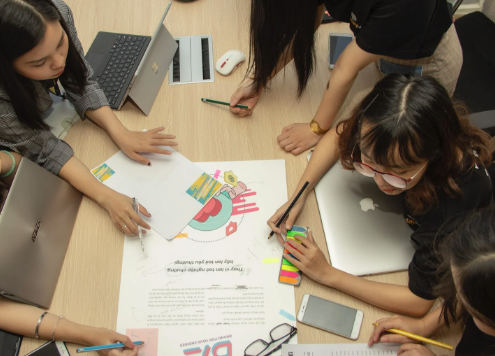Article:
As vocational education continues to evolve in 2025, personalized learning is playing an increasingly vital role in preparing students for real-world careers. Vocational training, which focuses on practical, job-ready skills, is naturally suited to personalization because it values hands-on learning, individual growth, and career-specific goals. Integrating personalized learning into vocational programs enhances student engagement, improves outcomes, and supports lifelong employability.
Adapting to Career Goals and Interests
Personalized learning allows vocational students to tailor their experiences to align with specific career interests—whether in healthcare, construction, information technology, or the culinary arts. By giving students opportunities to select pathways, specializations, or project themes, programs become more relevant and motivating.
Flexible Pacing and Progression
Not all learners acquire skills at the same rate. Personalized learning allows students to progress based on mastery rather than fixed schedules. This ensures that learners fully understand the tools and techniques they will use on the job, while also allowing faster advancement for those ready to move ahead.
Hands-On, Skill-Based Assessment
Vocational programs benefit from performance-based assessments that measure practical abilities. Personalized learning supports these by allowing students to demonstrate competency in various ways—through portfolios, demonstrations, or work-based simulations—giving instructors deeper insight into each student’s strengths.
Instructor as Mentor and Coach
In a personalized learning model, instructors in vocational training take on the role of guides who help students set goals, reflect on their progress, and troubleshoot challenges. This close relationship supports career readiness by encouraging confidence, responsibility, and self-direction.
Incorporating Real-World Scenarios
Personalized learning enables instructors to introduce real-world challenges tailored to students’ interests. For example, an aspiring automotive technician might complete a customized project that mirrors actual service shop tasks. These scenarios reinforce relevance and give students a stronger connection to their chosen field.
Supporting Diverse Learners
Vocational education attracts a diverse group of learners—many of whom may be returning to education or juggling work and family responsibilities. Personalized learning offers flexibility in scheduling, content delivery, and pacing, making training more accessible and inclusive.
Conclusion
In 2025, vocational training programs that incorporate personalized learning are better equipped to meet the needs of modern learners and industries. By offering flexibility, relevance, and hands-on guidance, these programs help students build not only technical skills, but also the confidence and adaptability needed for long-term career success.














